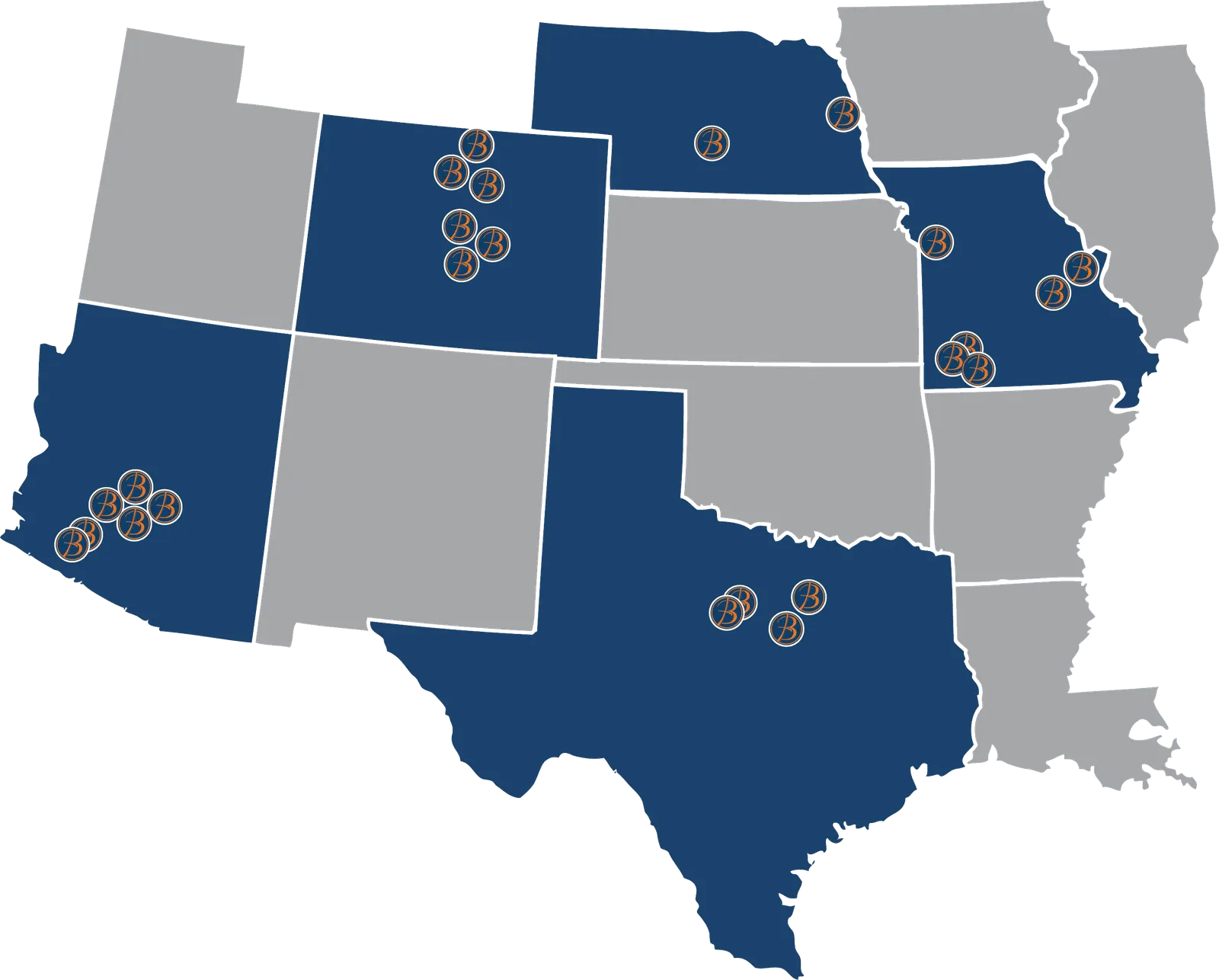When we say quit coffee, we really mean quit caffeine. While coffee isn't the best friend of your pearly whites, it does have some beneficial properties and can be part of a healthy, wholesome diet. But when you drink it caffeinated, you get all the disadvantages the popular stimulant brings to the beverage.
Whether you get your daily doses of caffeine in a hot cup of coffee, a black or green tea or a soda or two, here's why you might want to consider cutting back and how to do it.
Caffeine is a stimulant. Other stimulants you might have heard of include amphetamines and cocaine. Caffeine doesn't lead to the types of behaviors and legal ramifications illicit drugs do, but it can be addicting. If you've ever had a caffeine headache because you didn't have your morning cup of joe, you've experienced withdrawal symptoms of not having a substance your body has grown dependent on.
Aside from physical dependence, some other negative effects of caffeine include:
Increased anxiety, as caffeine helps rev up natural fight or flight responses
Problems sleeping
Less efficient nutrient absorption, as caffeine has tannins that could block absorption of certain vitamins and minerals
Hormone imbalances for women
Higher blood pressure, especially for people who have three or more cups a day
Digestive issues
Those are just short-term issues related to the caffeine you drink today. Long-term consumption of high levels of caffeine can put you at risk for more chronic health concerns.
Many people try to taper off caffeine by slowly cutting back on how much coffee they consume each day. While this might work for some people, it does have some definite downsides. Reducing your caffeine intake could cause some withdrawal symptoms (like headache or fatigue), and slowly lowering your intake could just lengthen the time you're dealing with those issues. Plus, it's harder to "keep quitting" than it is to just quit and be done with it.
If you do quit cold turkey, try to pick a time when you can relax and enjoy some easy distractions, such as assisted living community events. This can help you make it through the one to three days when you'll deal with withdrawal symptoms.
Let the people around you know you're planning to quit caffeine so they don't tempt you with coffee or a favorite caffeinated beverage. You can clue the Broadmoor Court assisted living staff into your change, too, so they can ensure caffeine-free options are available when you dine or snack.
Plan ahead and have something suitable to enjoy when you do want a beverage. Herbal teas may be a great option for people who like to wake up to a hot beverage in the morning. But before you make any of these major changes to your diet, talk to your medical professional or a dietitian to ensure you're choosing healthy options and breaking your caffeine habit in the safest way for you.

2045 Roanoke St.
Colorado Springs, CO 80906
Sales & Marketing: (866) 928-5321
Reception Desk: (719) 471-2285


